Information about individuals is the foundation of current organizations nowadays, but with every bit of data acquired comes an increased obligation to safeguard it. As rules such as the California Consumer Privacy Act (CCPA) tighten privacy of information guidelines, enterprises are faced with an essential questions Is our personal information really safe?
Penetration testing for CCPA Compliance provides an effective solution. It extends higher than compliance requirements by recreating practical cyberattack and discovering risks before they can cause expensive losses.
In this blog, we’ll look into how penetration testing promotes CCPA compliance, its primary advantages, and the way firms can incorporate it as part of their safety plan.
Acknowledging the CCPA Compliance?
Implemented to improve security of information for Californians, the California Consumer Privacy Act (CCPA) serves as a state-level information security policy. This compels companies to be open about how they gather, use, and share customer details and provides people with greater power over what they share with others.
The requirement to ask for the removal of data, the ability to select from the exchange of private data, and the right to understand what private data has been gathered are the main components of the CCPA. The CCPA seeks to shield customers from unlawful information theft and security abuses by implementing strict restrictions.
Essential Components of CCPA
Businesses have to address a number of crucial components listed in the CCPA in order to comply. Among these components are:
- Gathering information and communication: Companies are required to notify customers of the types of private information they gather and the intended uses of that information.
- Customer rights: Under the CCPA, customers have the ability to view and ask for the removal of their private information. Additionally, businesses has to offer customers the choice to refuse to have their information sold.
- Service supplier responsibilities: When managing client information, businesses need to make certain that their service providers follow the CCPA.
- Safety procedures: Companies must put in place appropriate precautions to protect against unlawful access, publication, or theft of customer information.
Download our Sample Penetration Testing Report to understand how vulnerabilities are reported and mitigated.
Latest Penetration Testing Report

The significance of Compliance with the CCPA
Compliance with the CCPA involves avoiding fines and legal implications and maintaining and upholding client confidence. Companies can build closer ties with consumers by supporting customer privacy rights and establishing effective privacy procedures.
CCPA compliance enables firms to show their dedication to protecting customer information, which can benefit their company’s image in a world where information theft and security issues have become common. It also establishes companies to be moral and credible institutions that value confidentiality and safety.
Approaches for CCPA Compliance
Companies have to implement preventative measures to guarantee CCPA compliance. Listed below are some of the key parameters:
- Conduct a thorough information assessment: to determine which private information is gathered, how it is kept, and who has access to it.
- Revise your confidentiality guidelines: Update privacy rules to comply with CCPA regulations, making sure that gathering and using data methods are properly disclosed.
- Put procedures for obtaining data and elimination: Cr in place to deal with client demands to view or remove their private information.
- Worker training: Inform staff members of their CCPA compliance responsibilities, stressing the value of security and information security.
- Evaluate and adjust: Constantly evaluate and revise data security protocols to conform to changing CCPA rules and business standards.
Businesses must keep abreast of the most recent changes to information privacy regulations and laws in order to ensure CCPA compliance, which is a continuous endeavor. Companies can preserve their market share and gain the confidence of consumers through achieving this.
What are the advantages of employing CCPA Compliance
Businesses’ entire operational effectiveness may benefit from CCPA conformity. Companies may simplify their information management procedures and lower the likelihood of hacking or misuse when they have an intimate knowledge of the private information they gather and the way it is utilised.
The possibility of greater customer fulfillment and devotion is another advantage of CCPA compliance. Customers are more inclined to believe and interact with a company when they know their private information is being managed sensibly and openly. Recurring company, favorable recommendations from others, and a stronger image for the company can result from this.
Adopting a privacy-by-design strategy is another benefit of CCPA compliance for enterprises. This indicates that security concerns are considered from the beginning when designing and developing products and offerings.
Businesses can reduce the chance of failing to comply and guarantee that customer rights and privacy are upheld at all times by prioritizing security and confidentiality.
Not only is CCPA compliance required by law, but it also presents a firm with an approach chance to stand out from the competition and win over clients. Businesses may stay successful while navigating the constantly changing world of information security regulations and standards by prioritising client security while complying and taking steps to comply.
Talk to Our Cybersecurity Experts to see how we help you meet CCPA security standards.
Talk to our Cybersecurity Expert to discuss your specific needs and how we can help your business.
The Relationship Between Penetration Testing and CCPA Compliance
Penetration testing and CCPA compliance are related procedures that can assist businesses in protecting the privacy and security of customer data.
Protecting client data must be an organisation’s top priority in the current digital environment, when data thefts and security breaches are growing more frequent.
By locating possible vulnerabilities and defects in a business’s safety protocols, a penetration test is essential to CCPA compliance.
The Benefits of Pen Testing for CCPA Compliance
Penetration testing gives businesses important information about their security position. Pen testers can find flaws that could allow illicit access or release of client information through mimicking actual cyberattacks.
By taking an active approach, businesses may find and fix any flaws in existing information safety protocols, bring them into compliance with CCPA regulations, and make the necessary safety improvements.
In order to keep customer data safe and in compliance with CCPA standards, frequent pen testing helps firms stay a step above possible hazards.
When doing a penetration test, ethical hackers employ both automated and human methods to find weaknesses in a company’s applications, networks, and processes.
They try to take advantage of these weaknesses in order to obtain private data without authorisation. Companies may reach educated choices on their information protection policies by carrying out these tests, which provide them with a thorough awareness of their safety advantages and shortcomings.
Using Pen Testing to Ensure CCPA Compliance
Incorporating penetration testing into CCPA compliance plans is essential. Companies looking to safeguard customer data can find weaknesses and improve their safety measures by regularly doing pen testing.
CCPA Compliance and Pen Testing’s Outlook
Because of the increasing sophistication of cyber threats, the information safety and confidentiality environment is always changing. Businesses must remain on top of current developments and modify their compliance and testing procedures in order to preserve CCPA compliance and safeguard customer information.
The changing nature of cybersecurity threats is one of the main elements influencing the CCPA’s future compliance. Pen testing in institutions constantly develops new strategies to exploit weaknesses and obtain private data without authorisation.
To reduce the risks brought on by these changing threats, companies must modify and improve their safety measures on a regular basis.
Download Our Penetration Testing Guide to learn more about how testing helps meet privacy requirements.
Conclusion
Penetration testing and CCPA compliance are essential elements of a successful privacy plan. Businesses can effectively protect client information, preserve compliance, and show their dedication to personal security and confidentiality by comprehending and abiding by CCPA regulations and regularly performing pen tests.
To successfully manage emerging risks and difficulties, it is necessary to be alert and adjust to the changing security environment. Strong security measures are becoming increasingly important as the world of technology advances.
Speak to a CCPA Penetration Testing Expert to start your compliance journey.












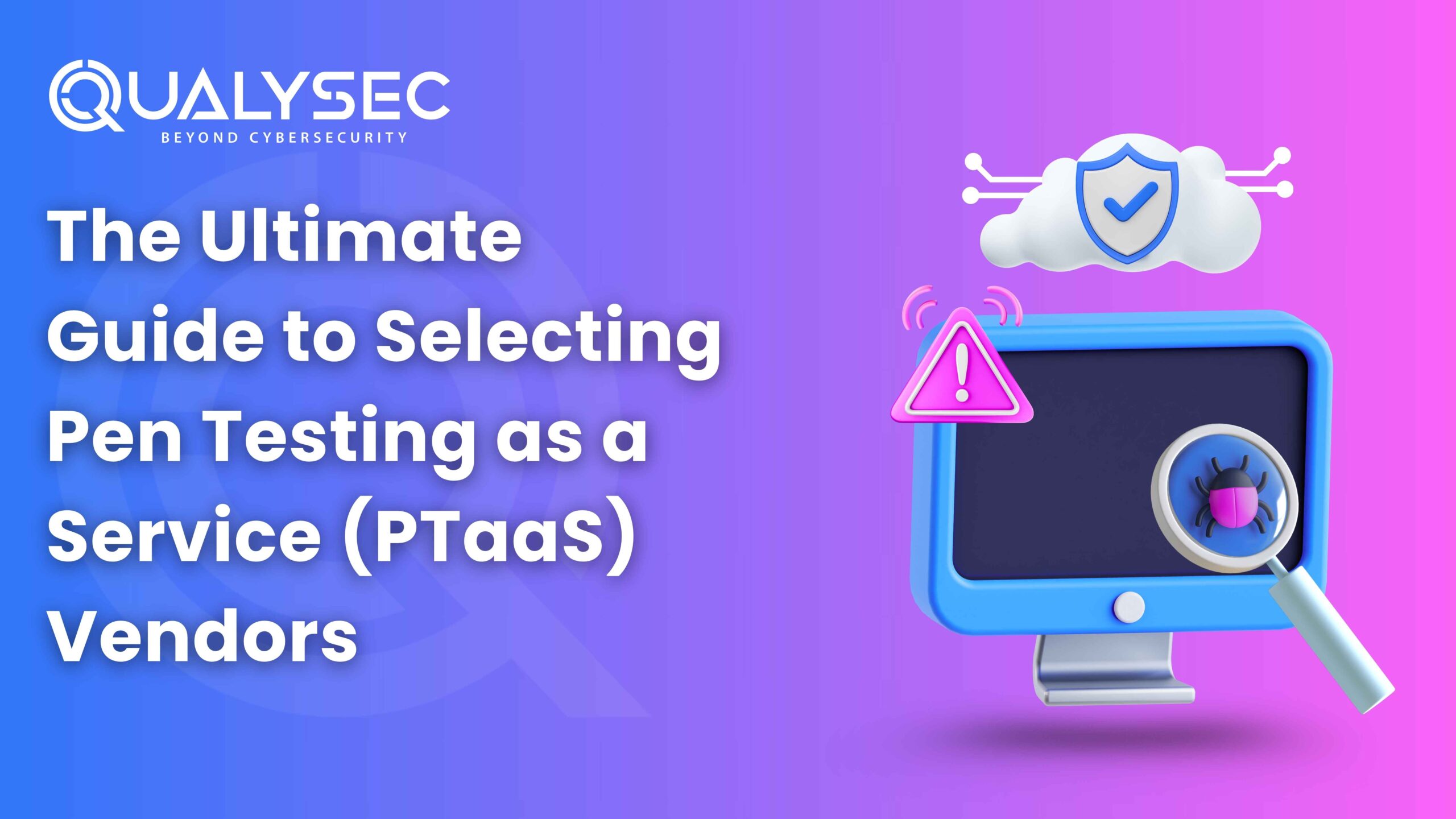

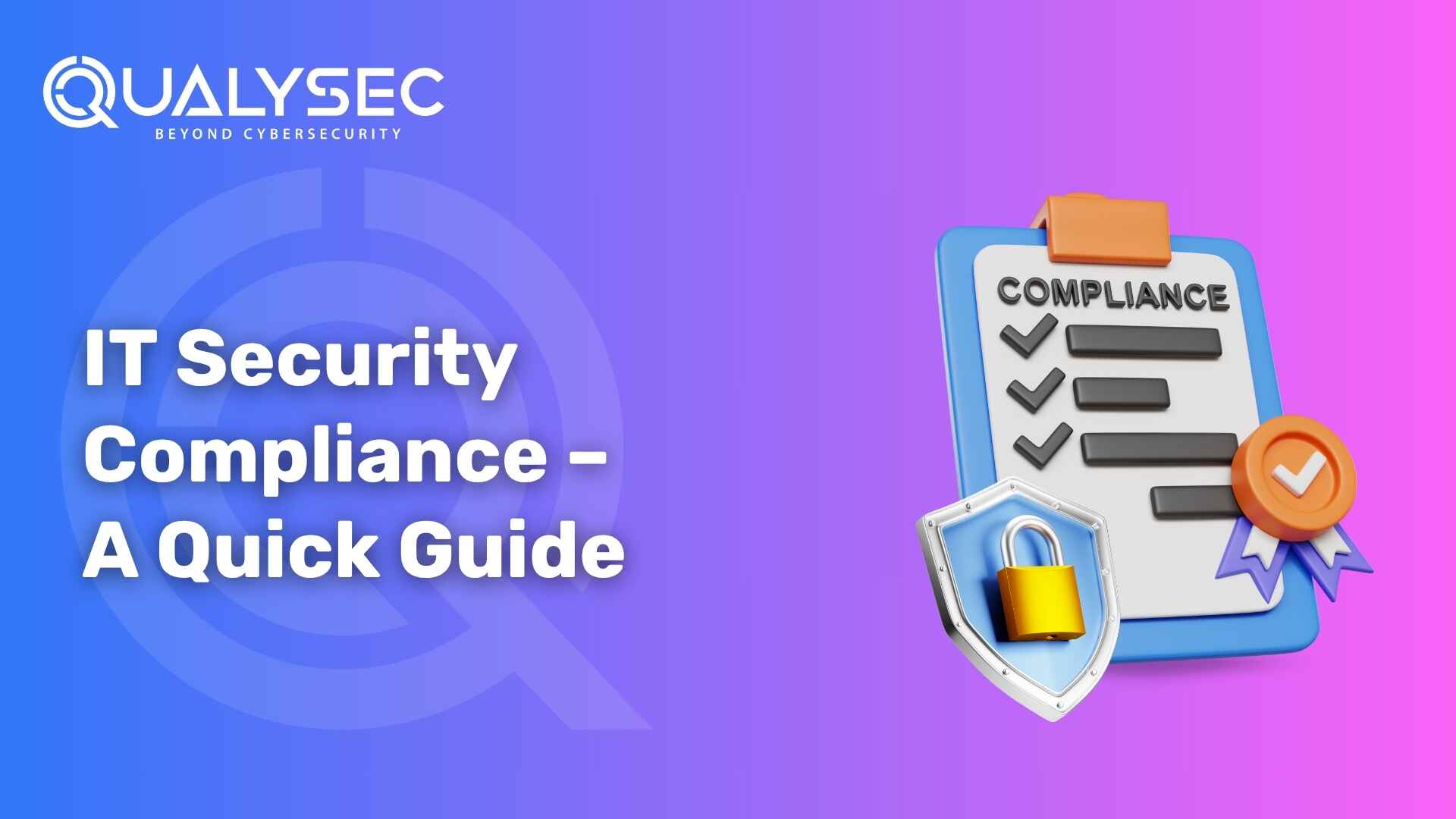
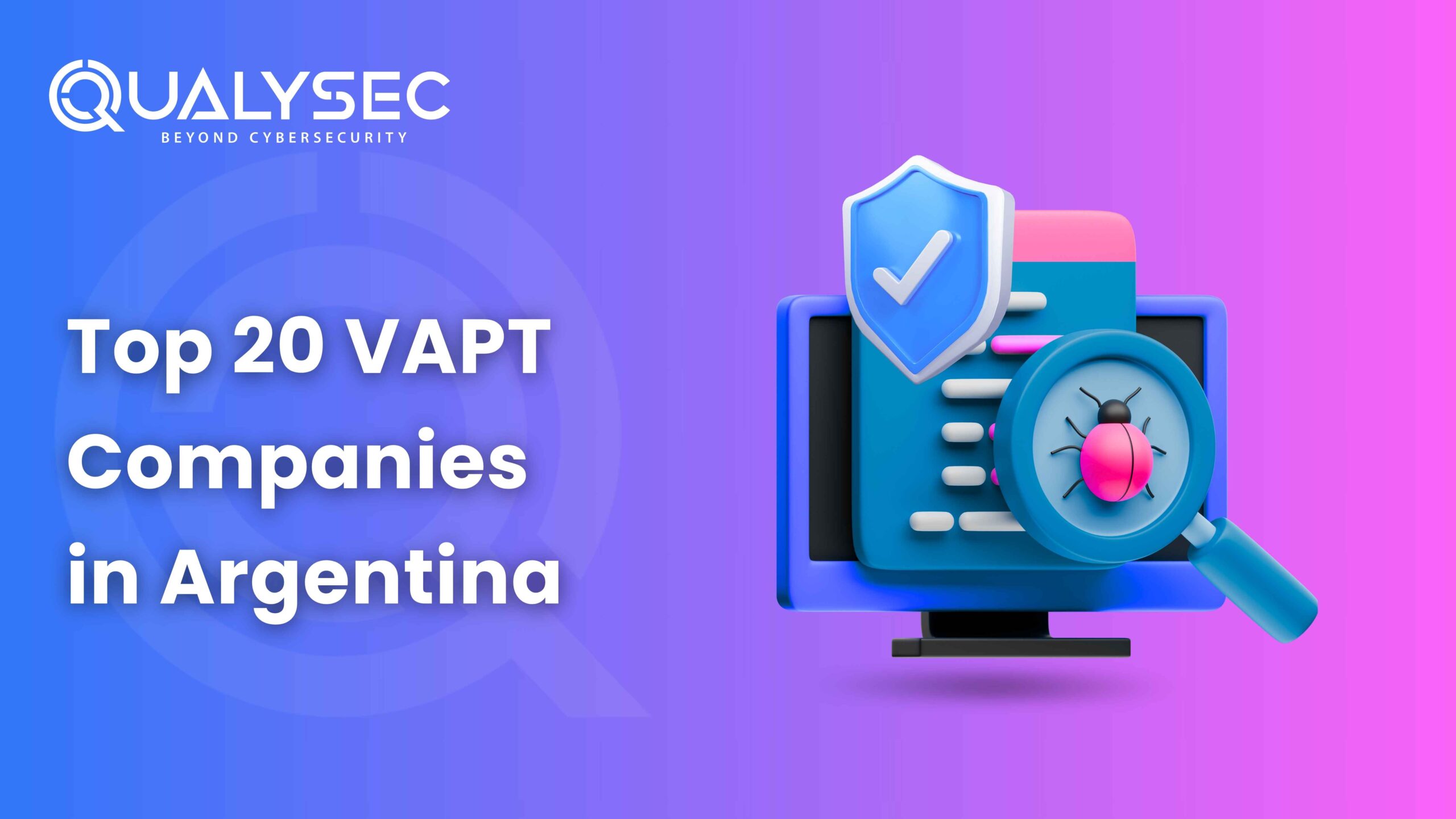
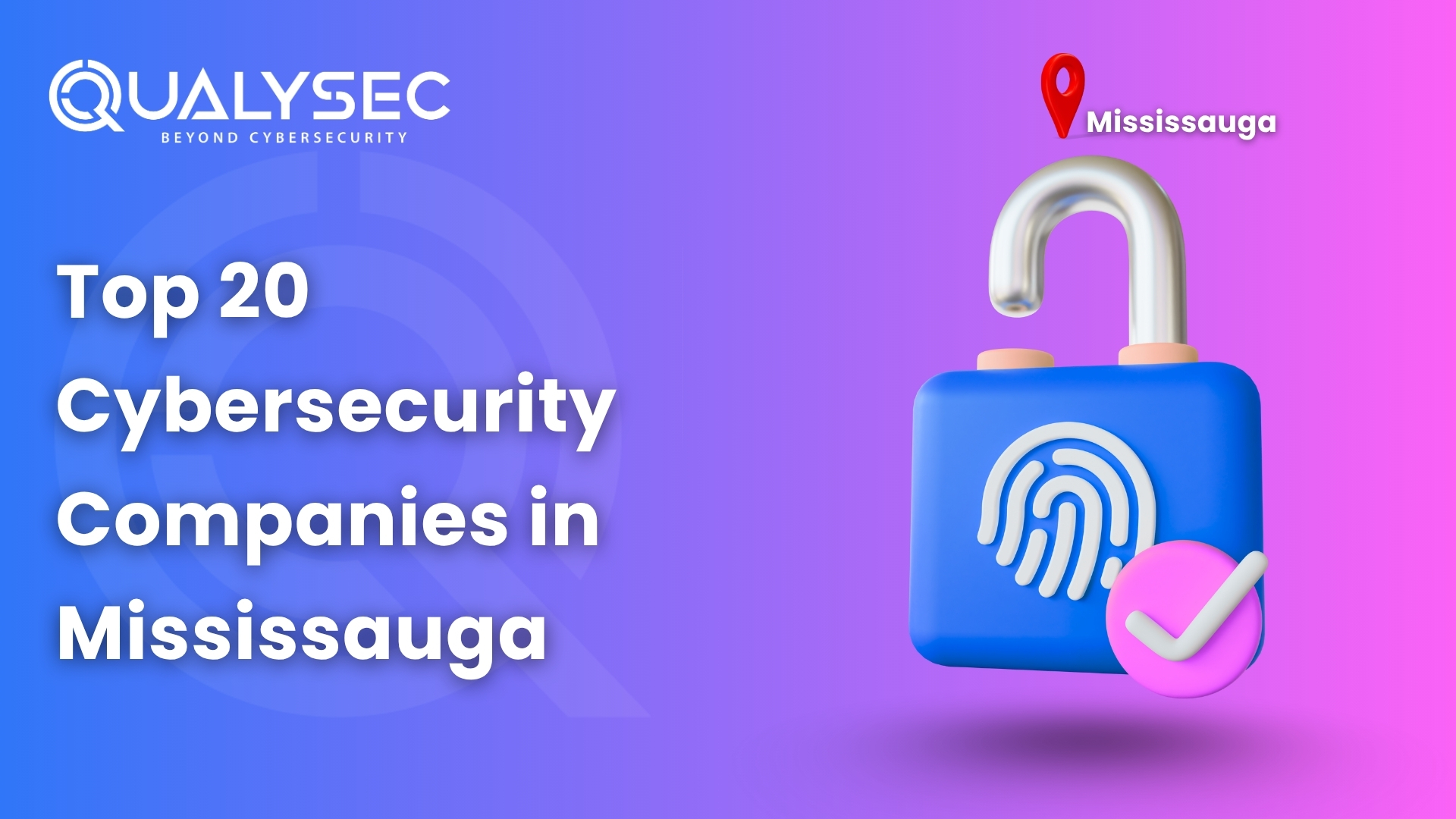




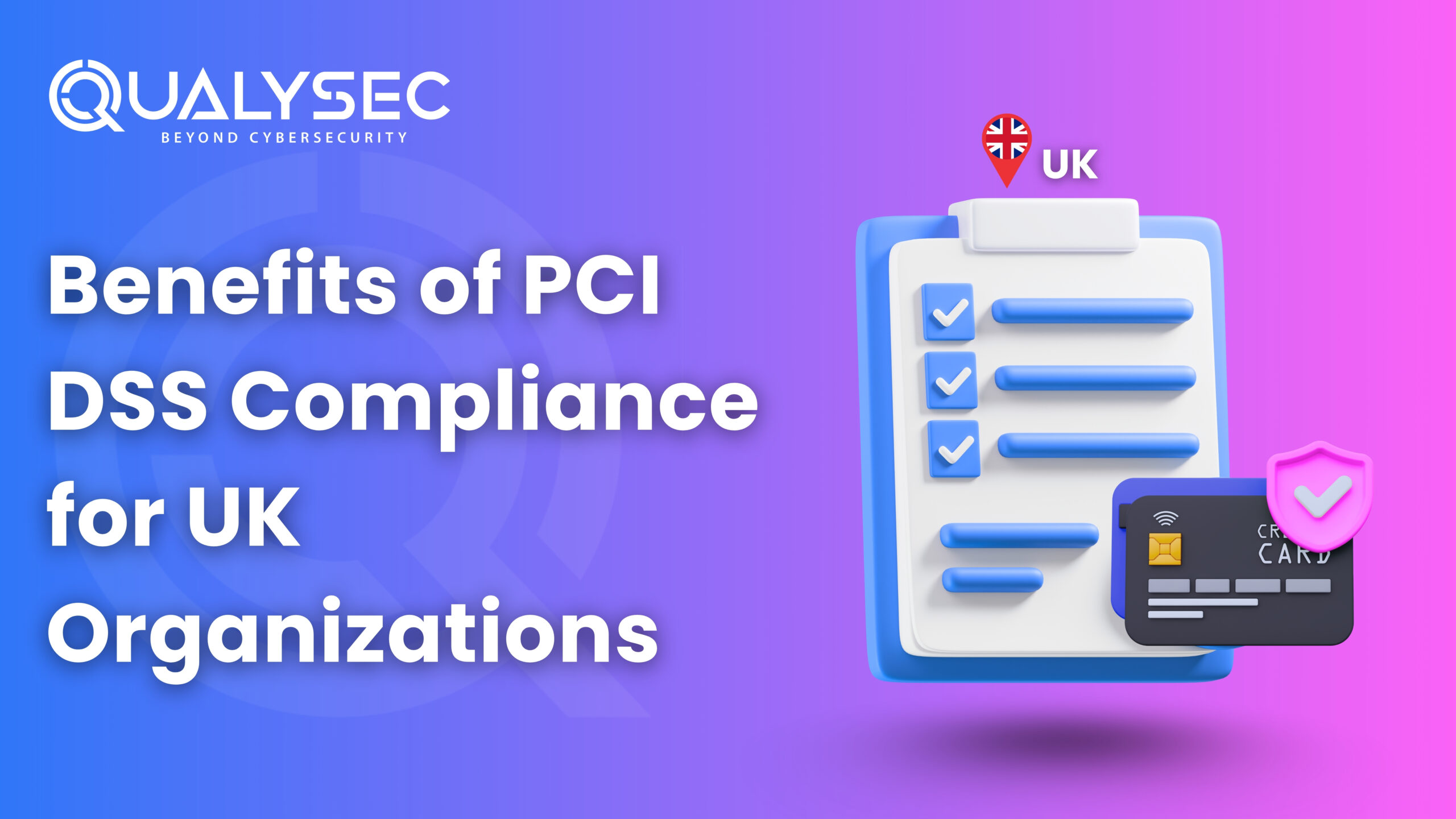







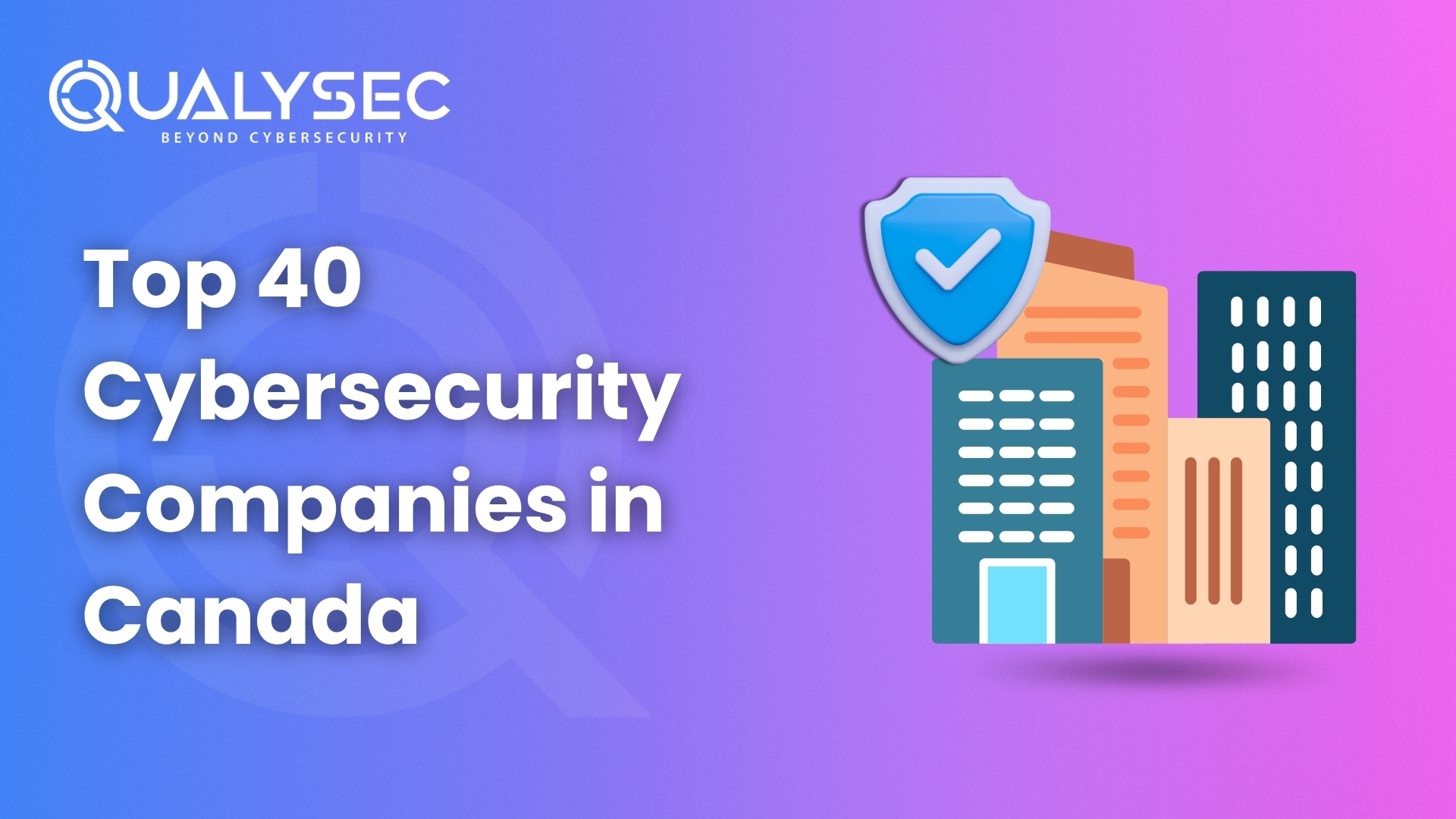


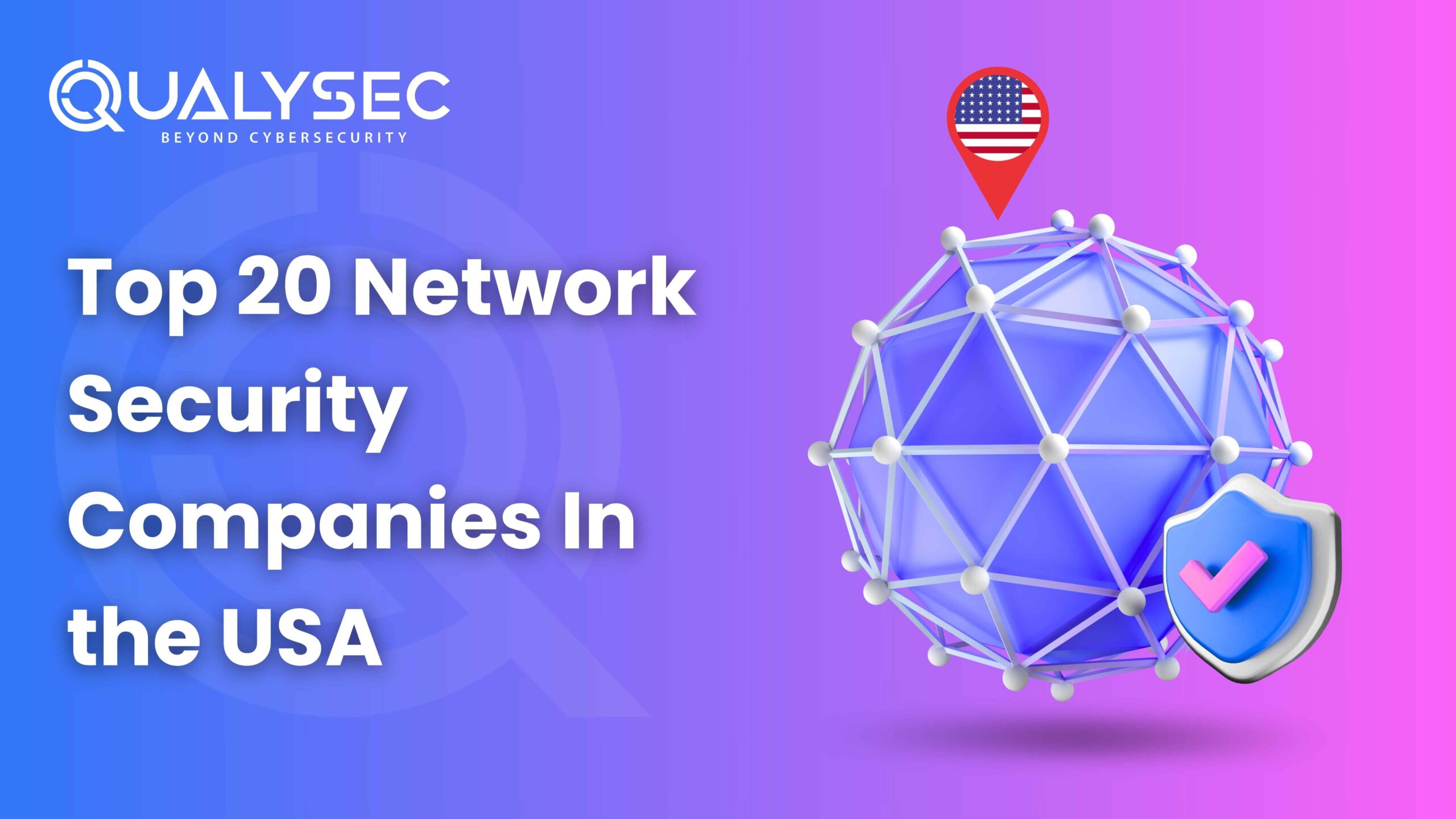

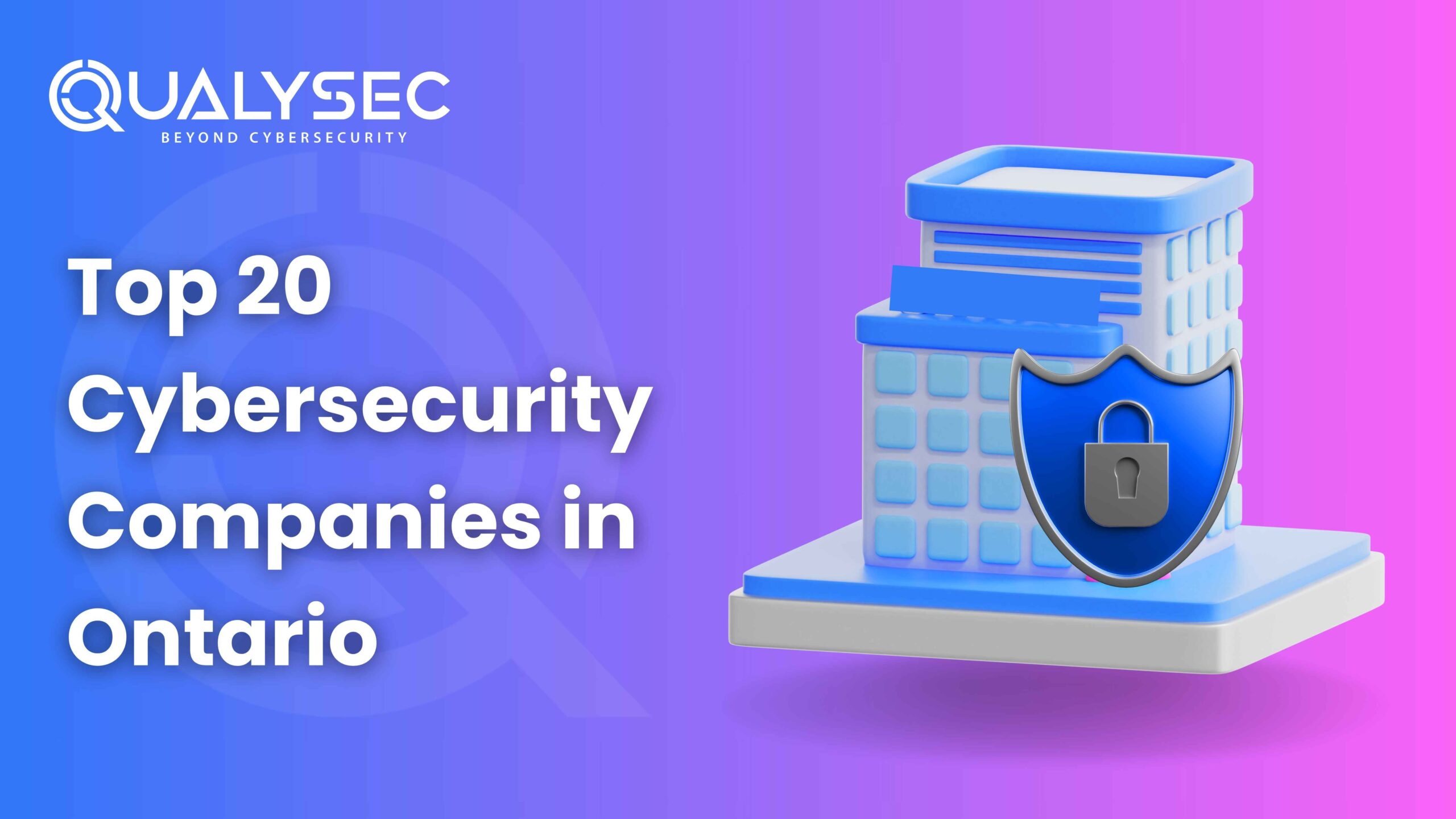
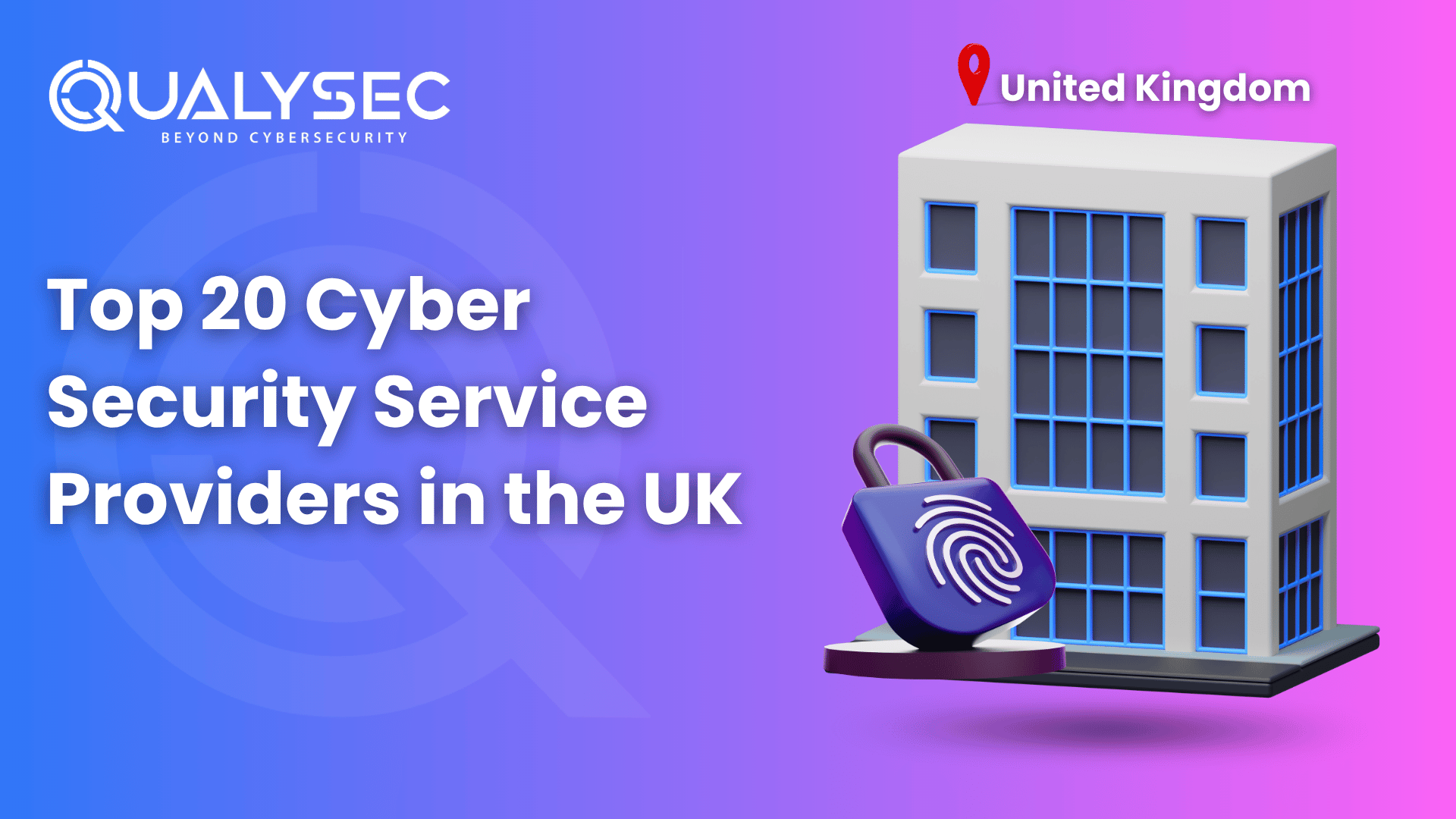
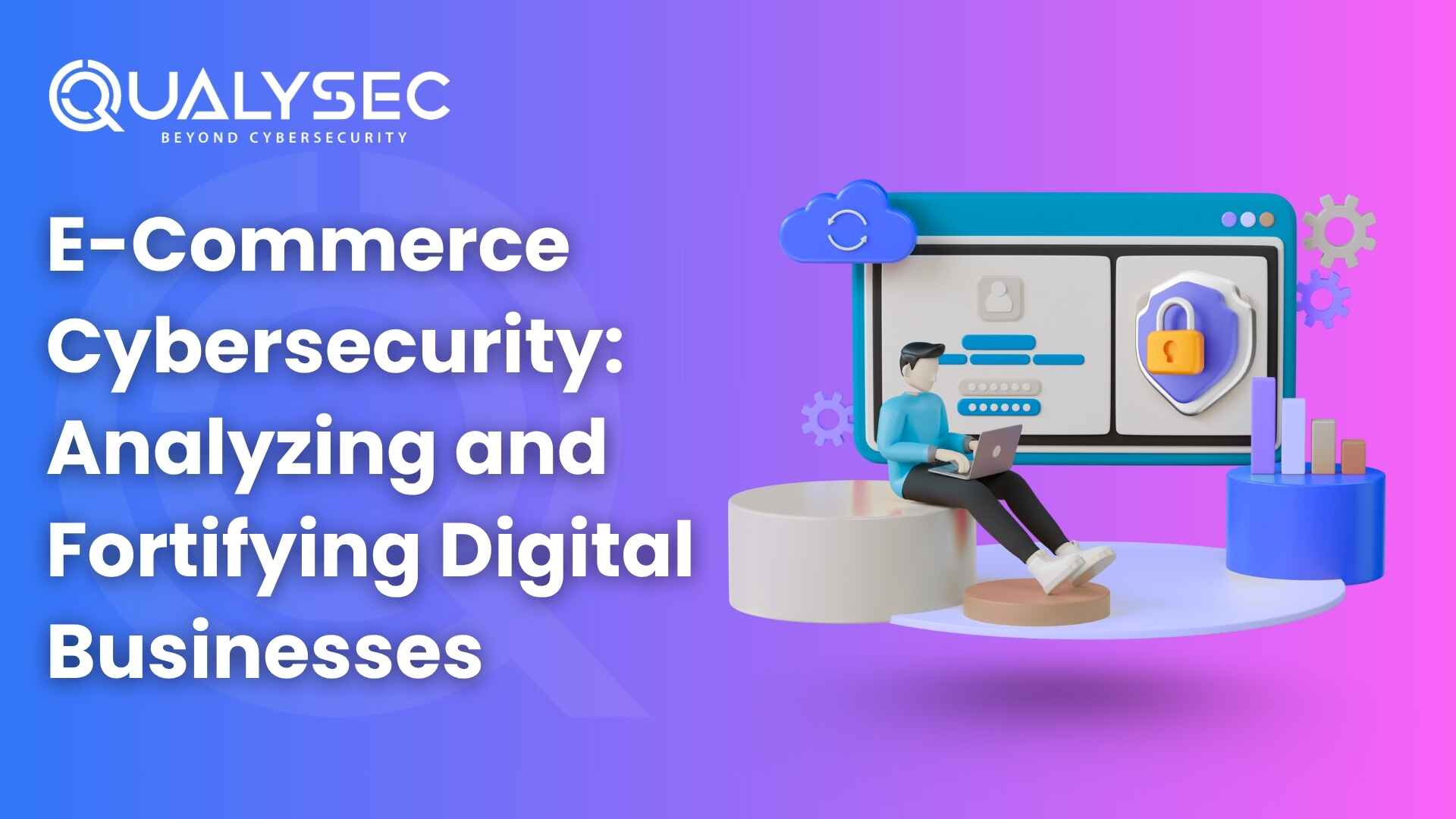
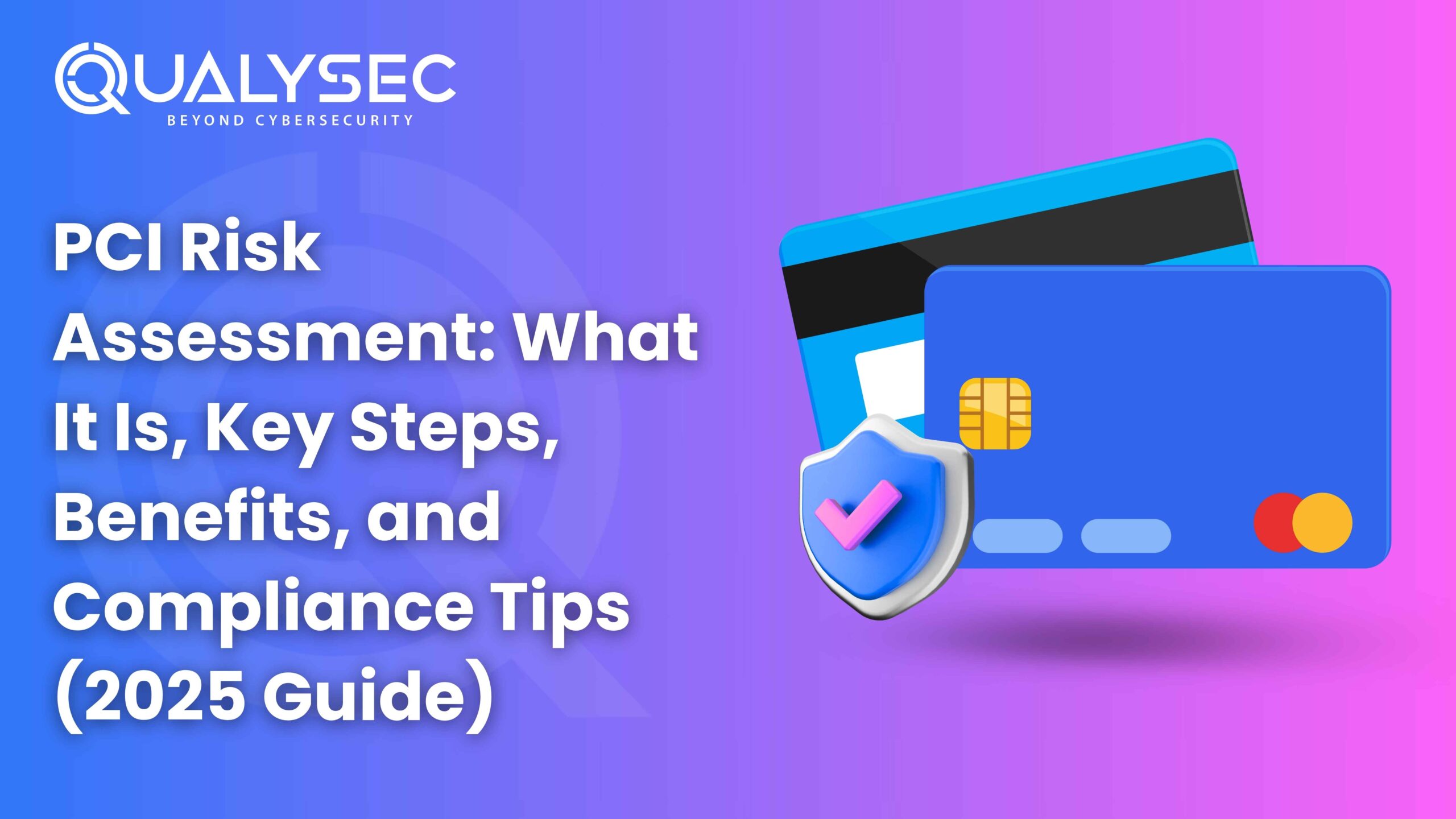


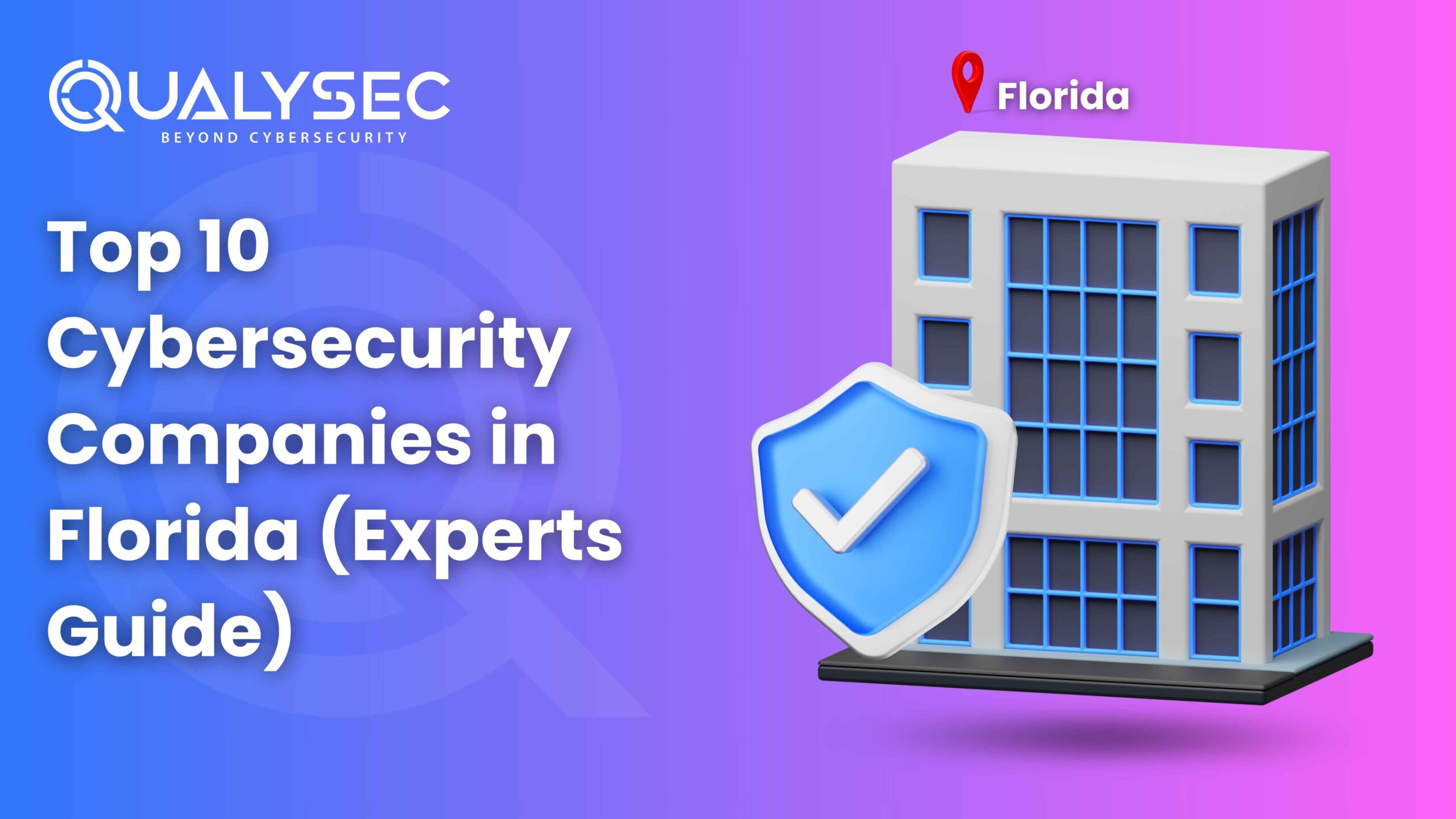










































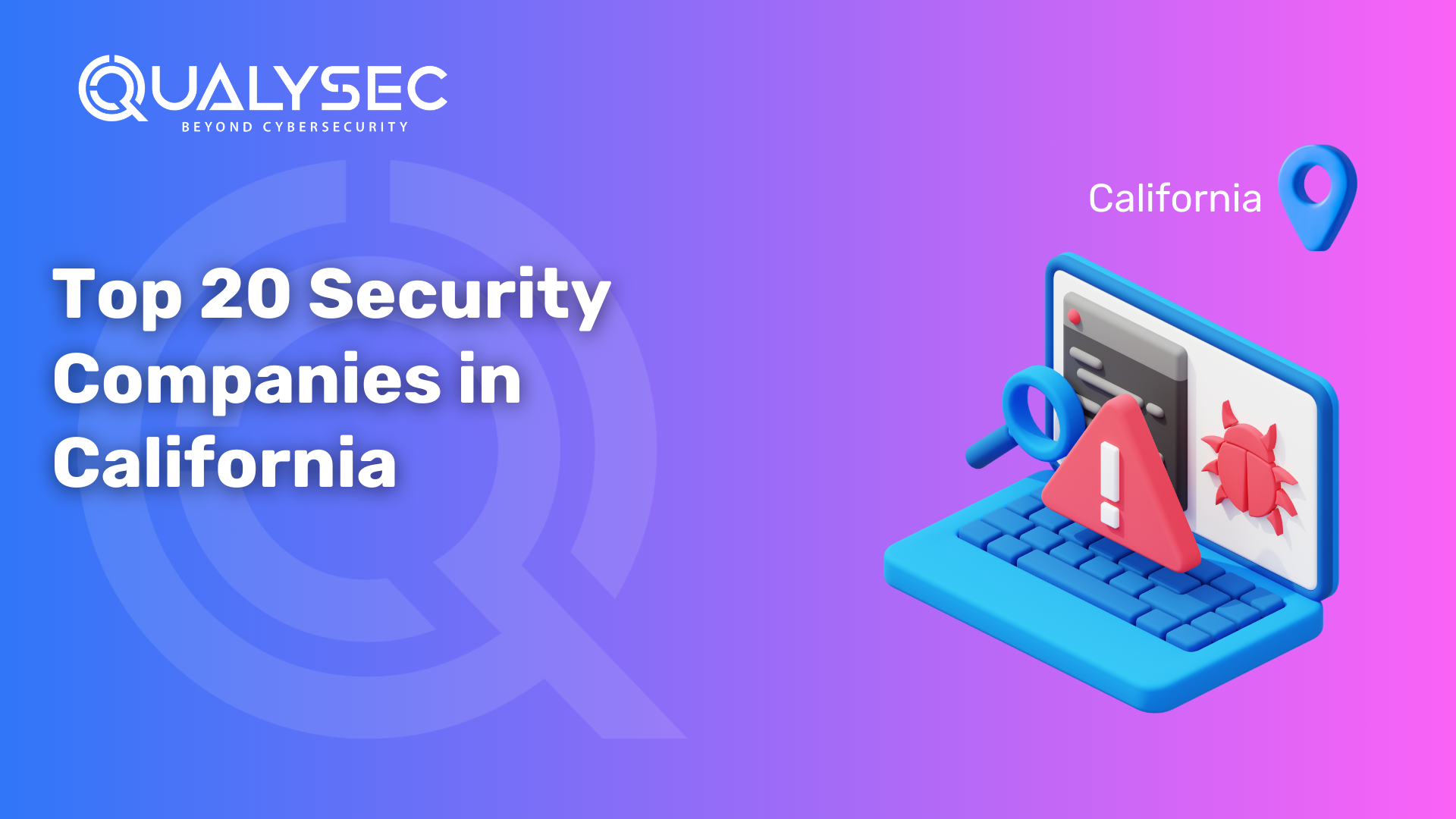







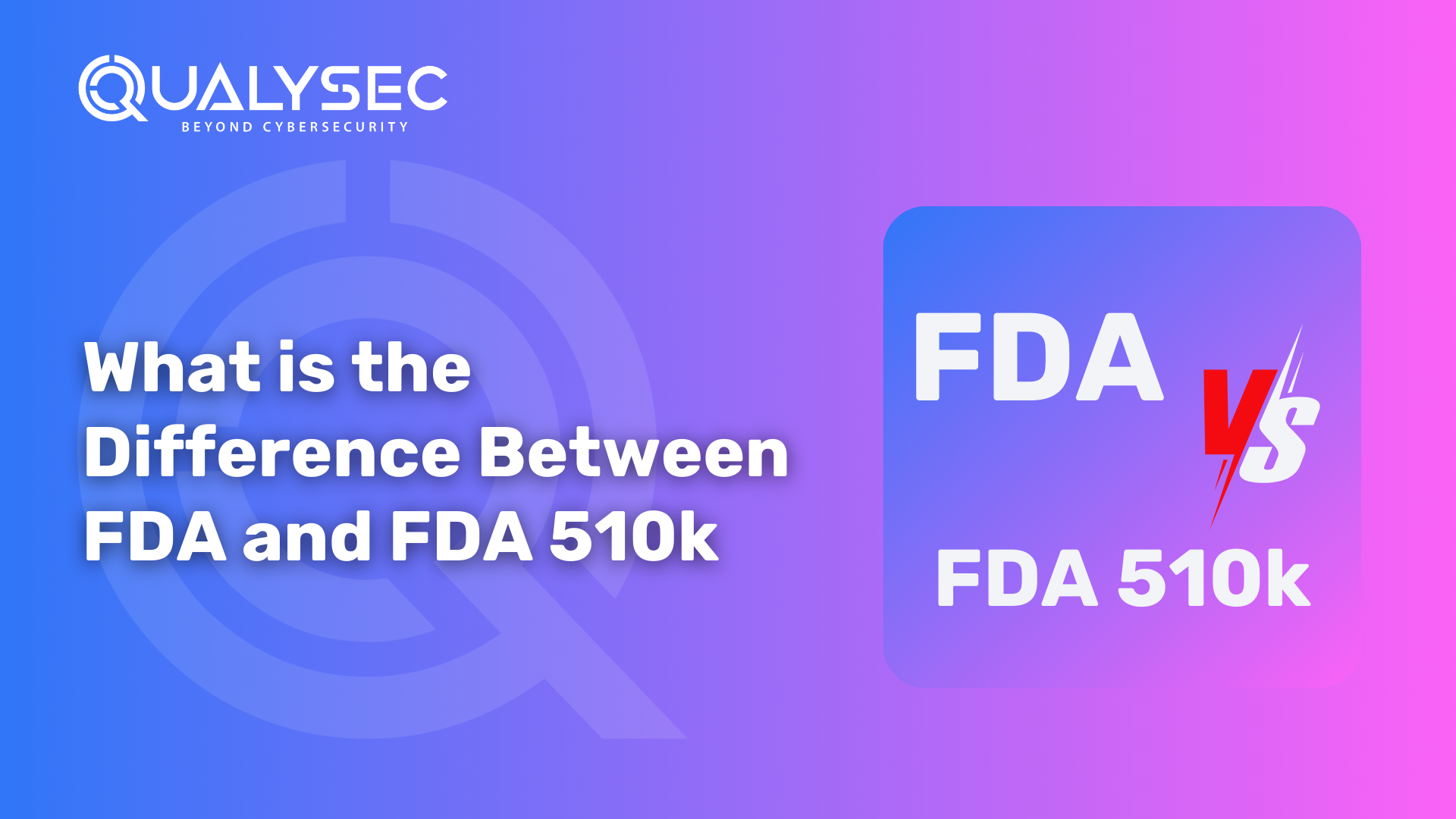










































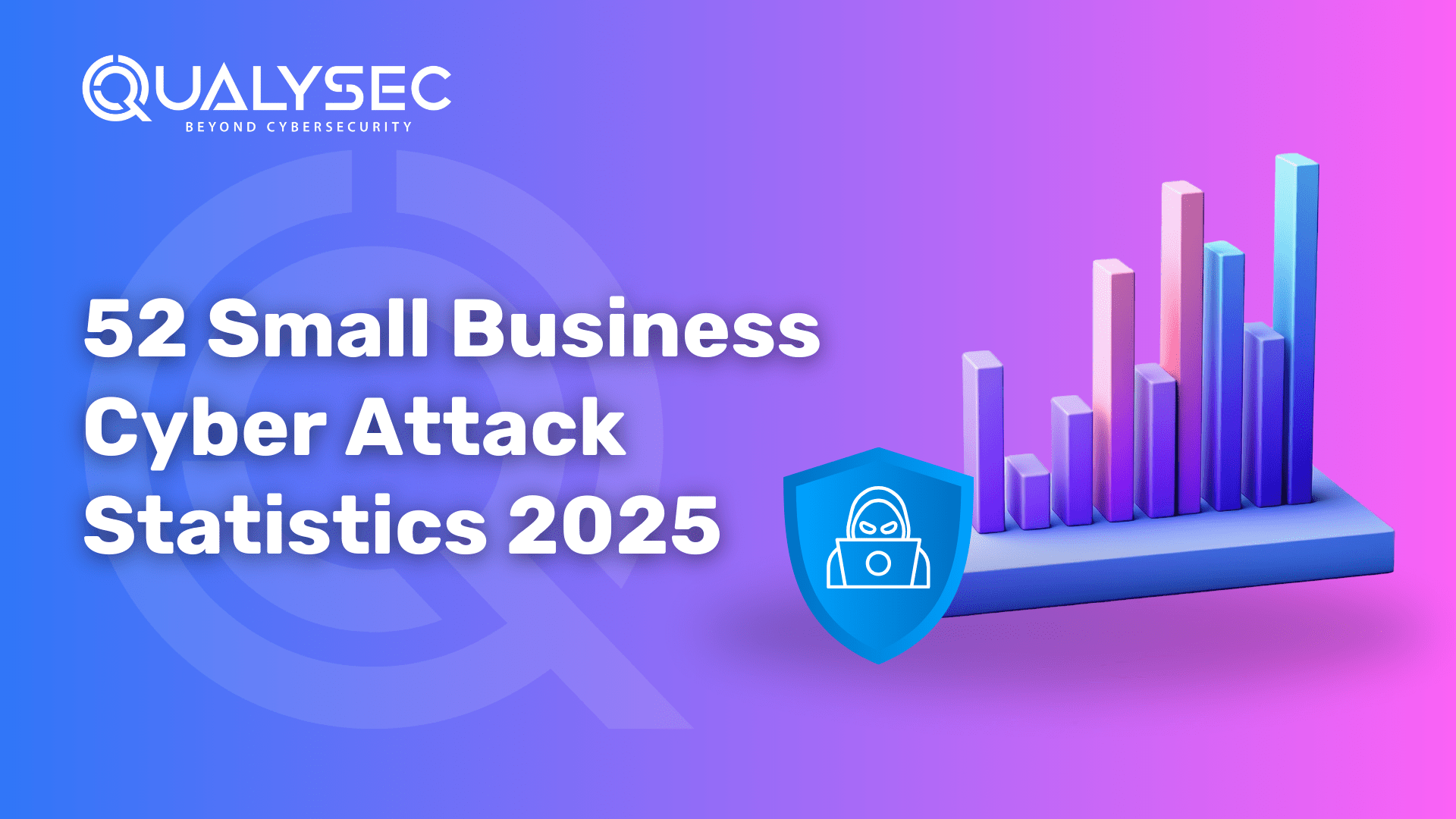


























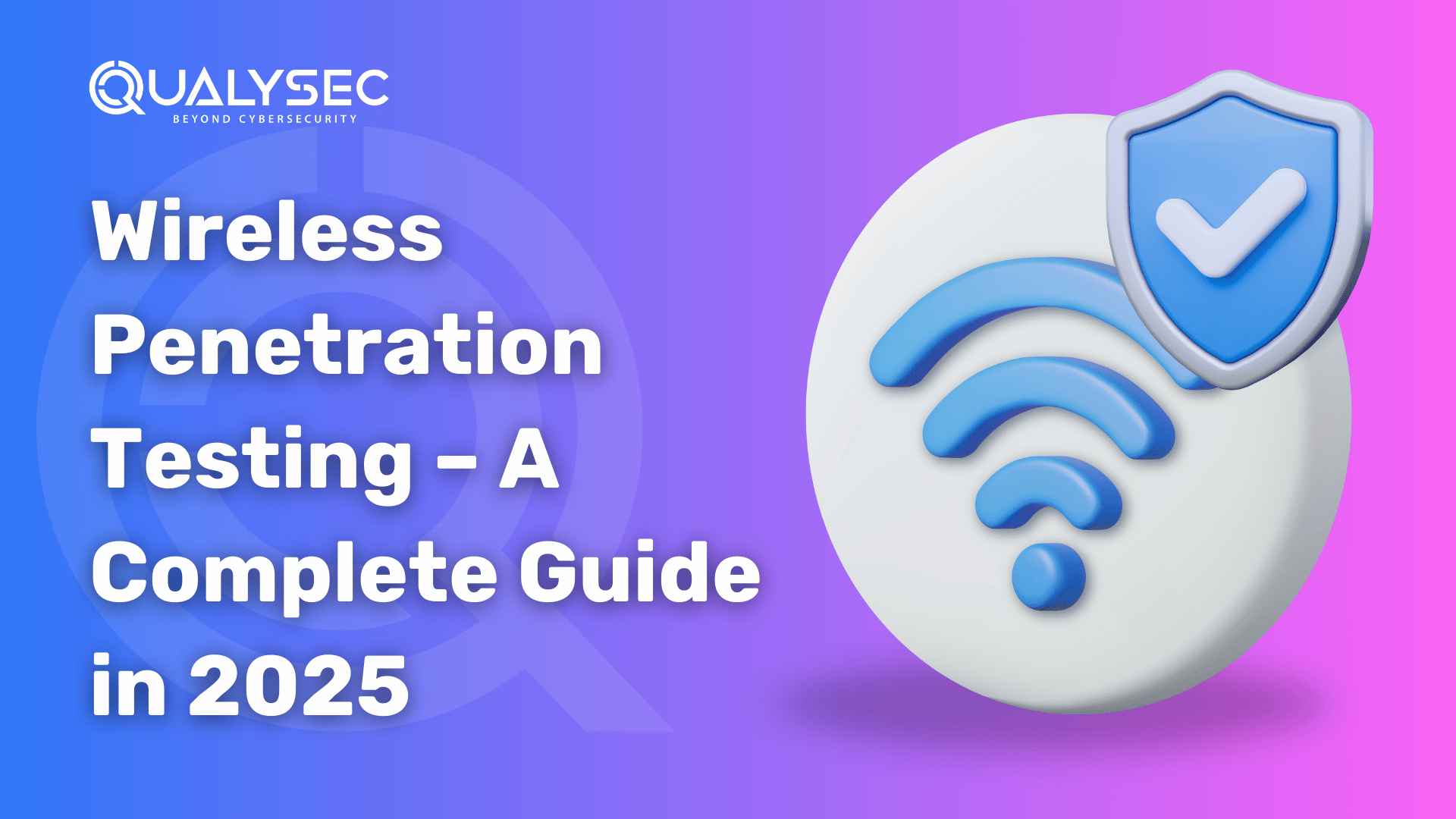
































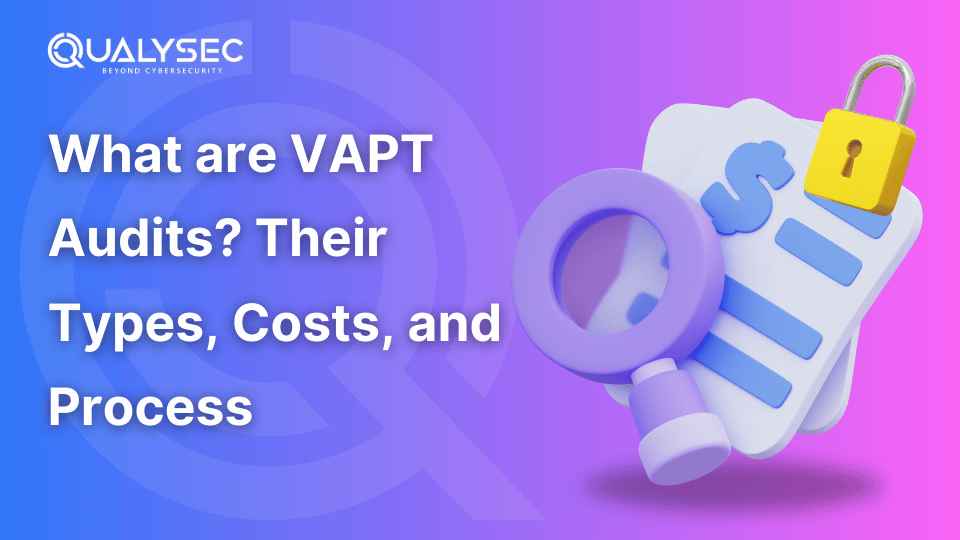








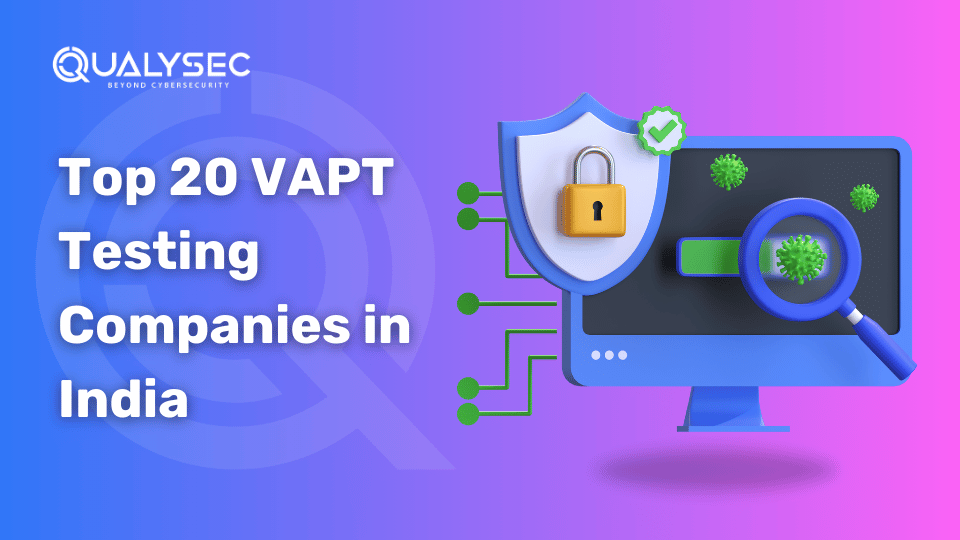























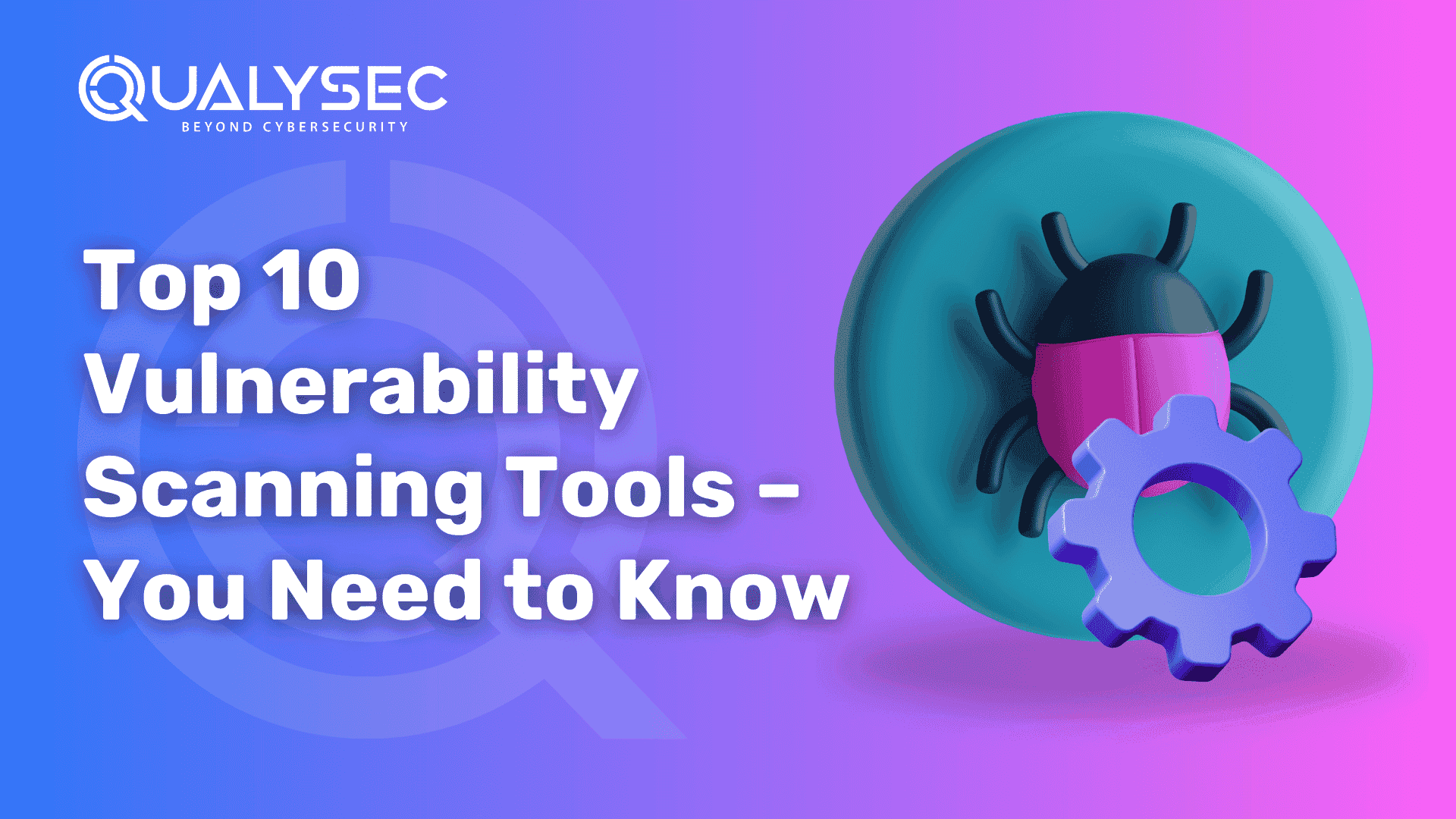


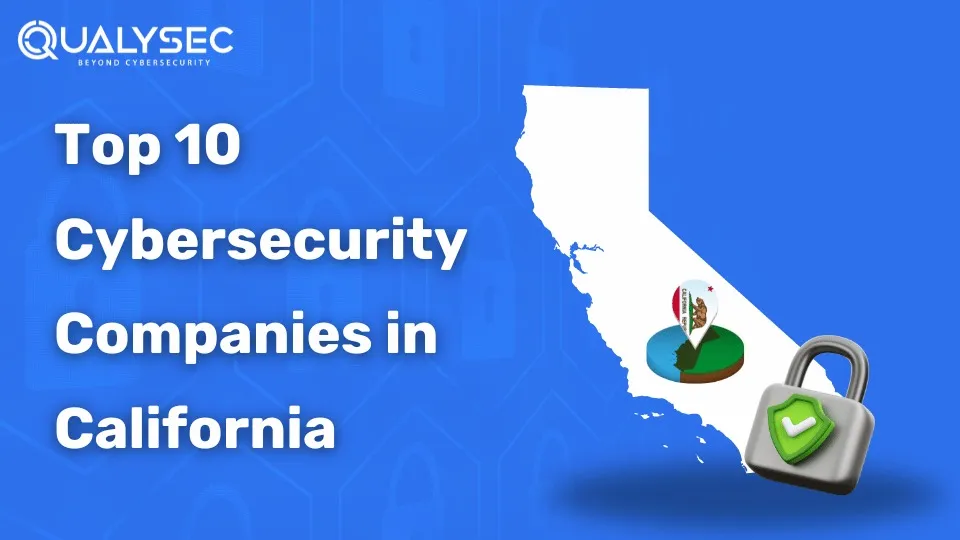
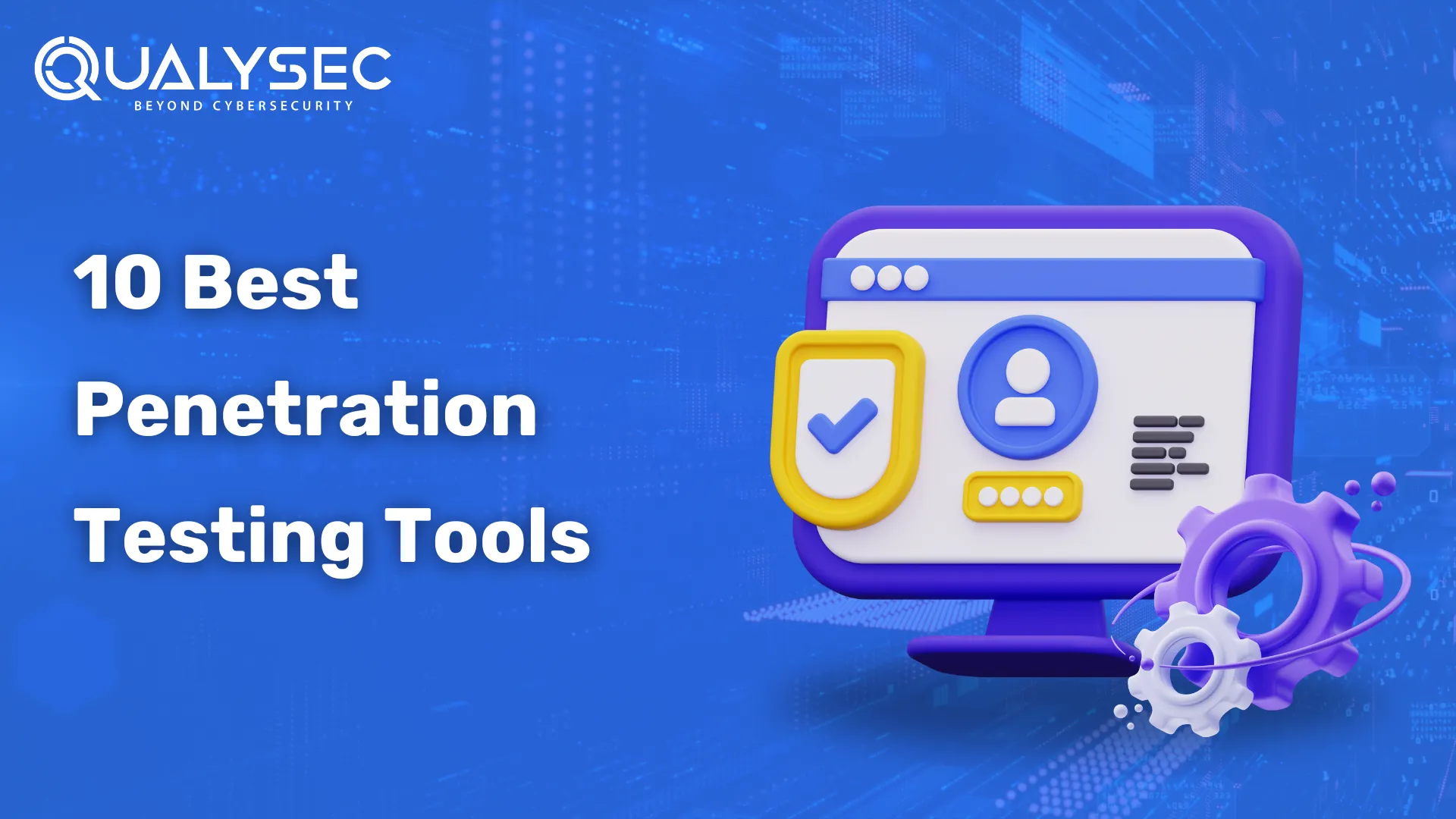












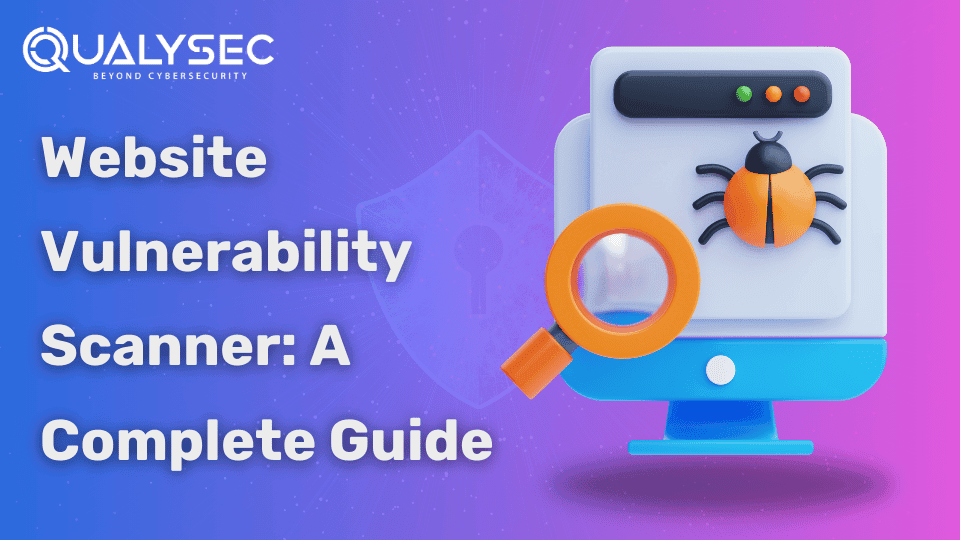

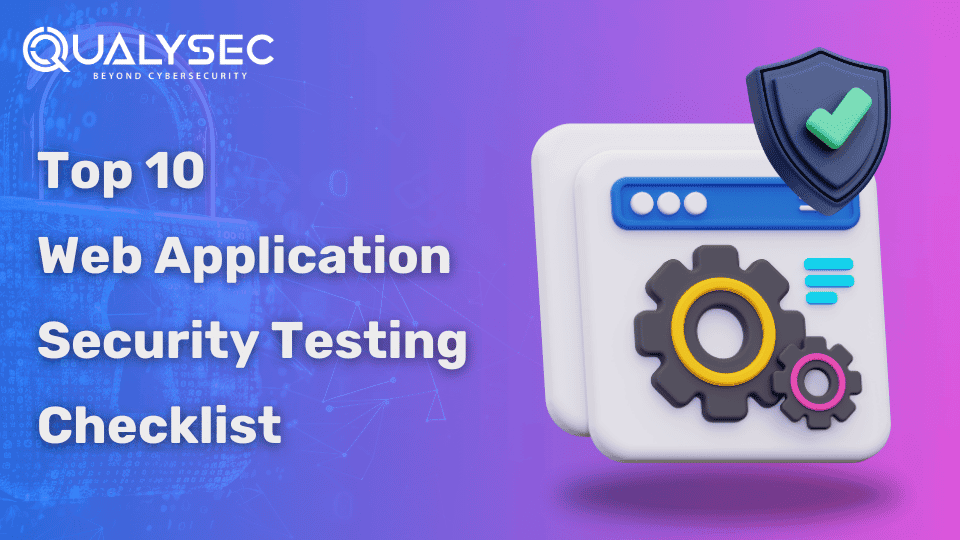
















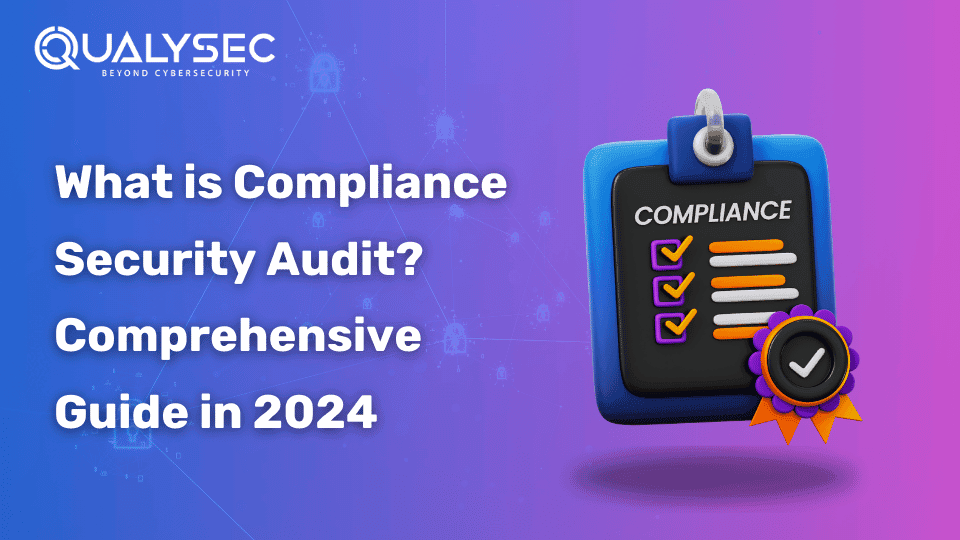


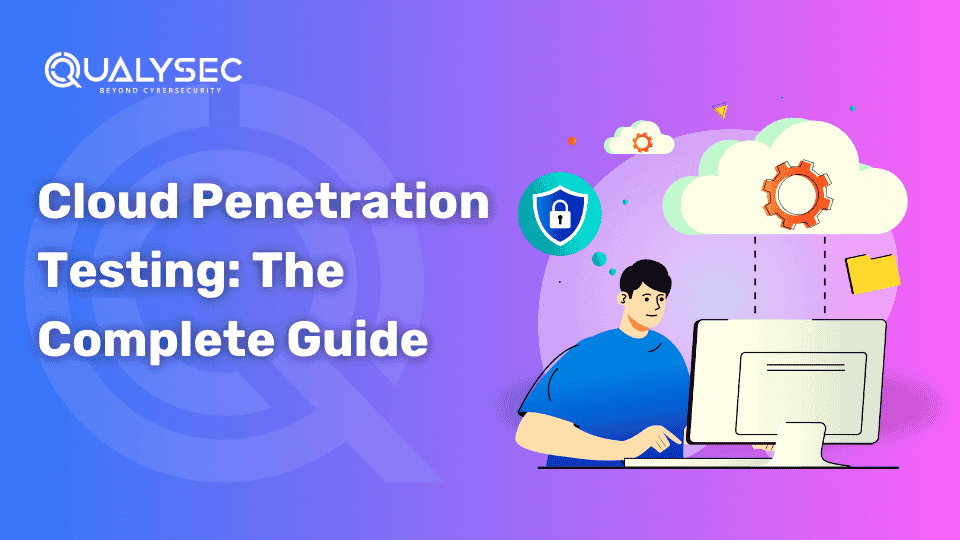


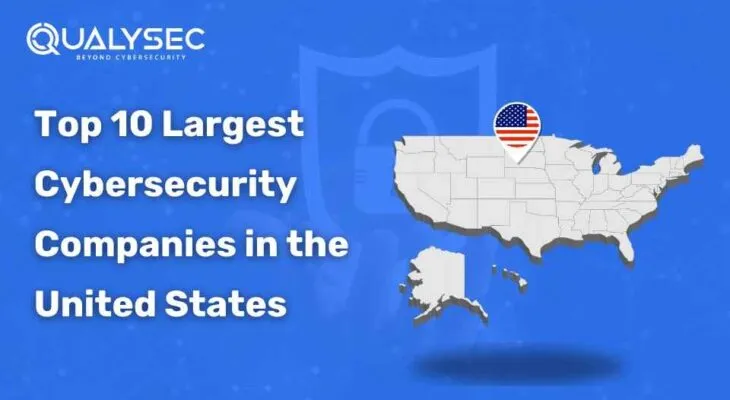












































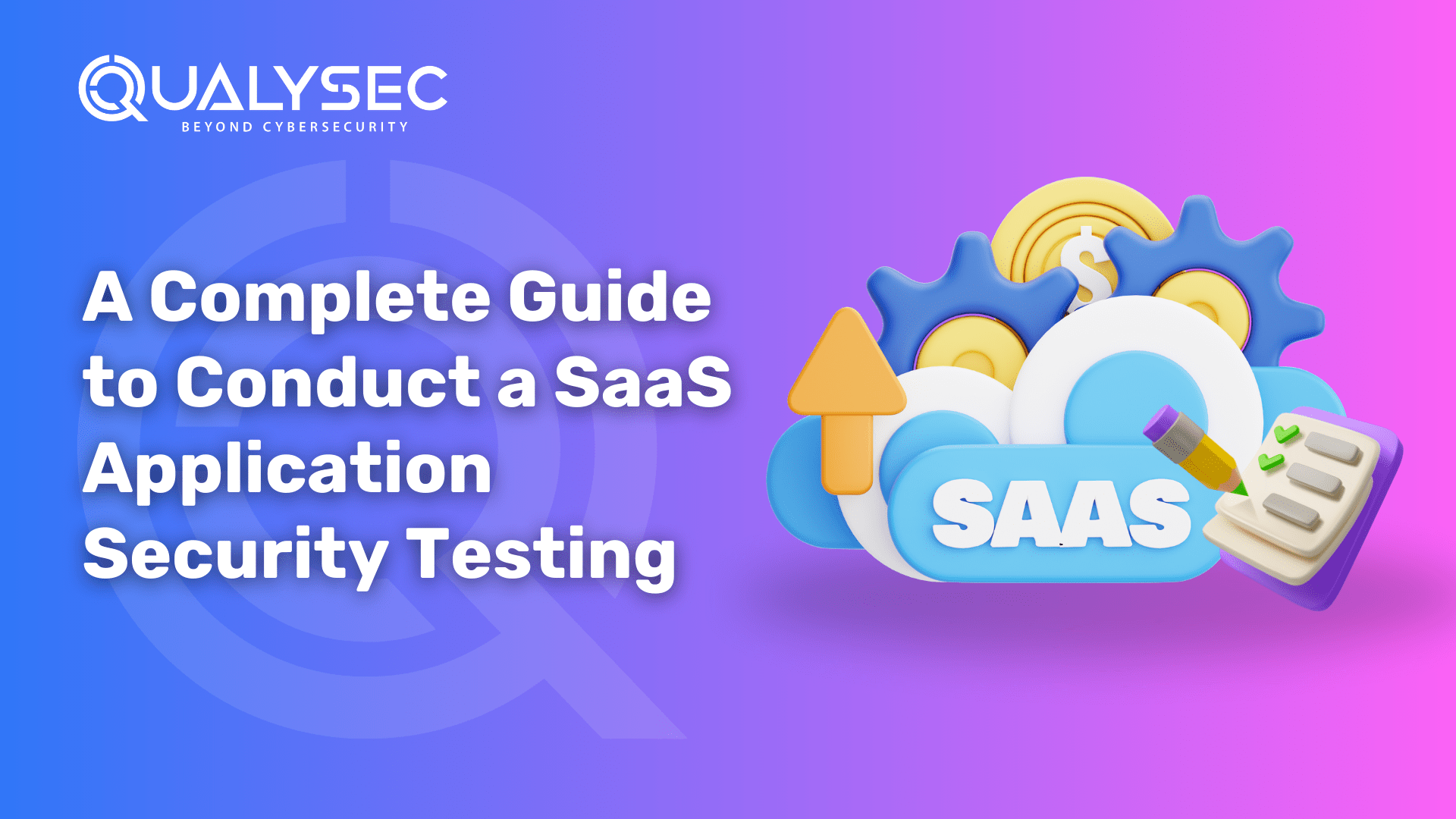





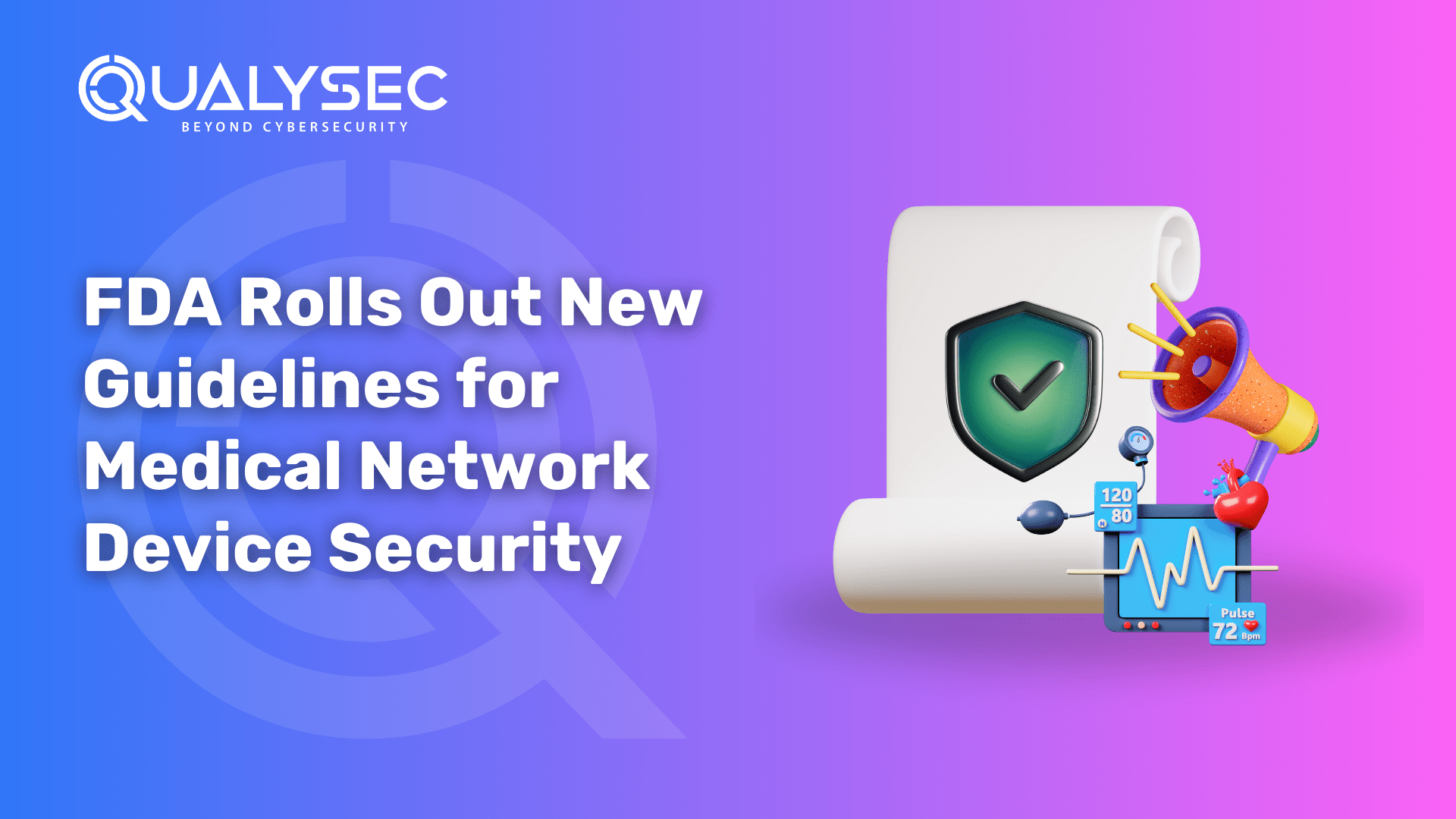





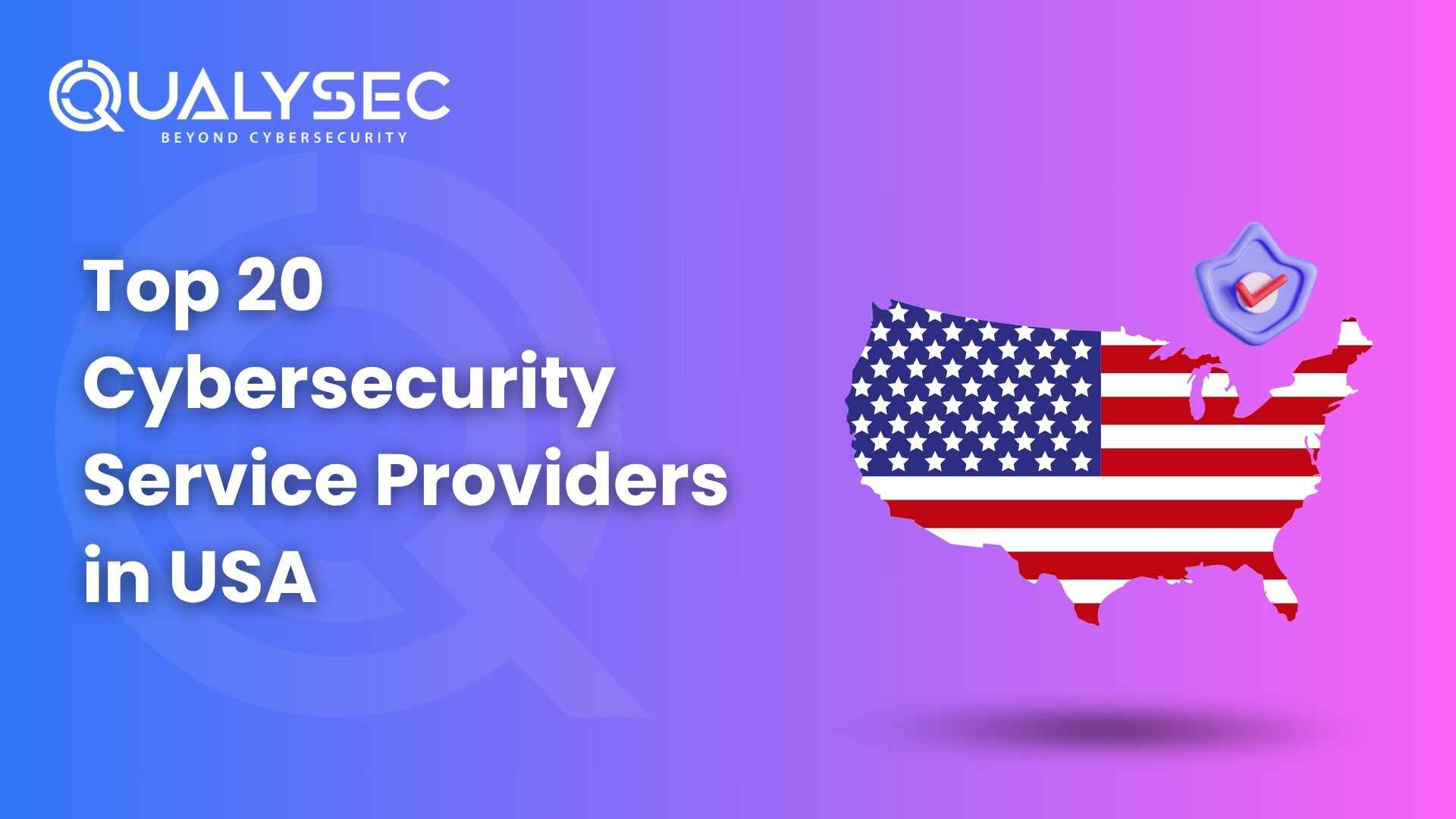










































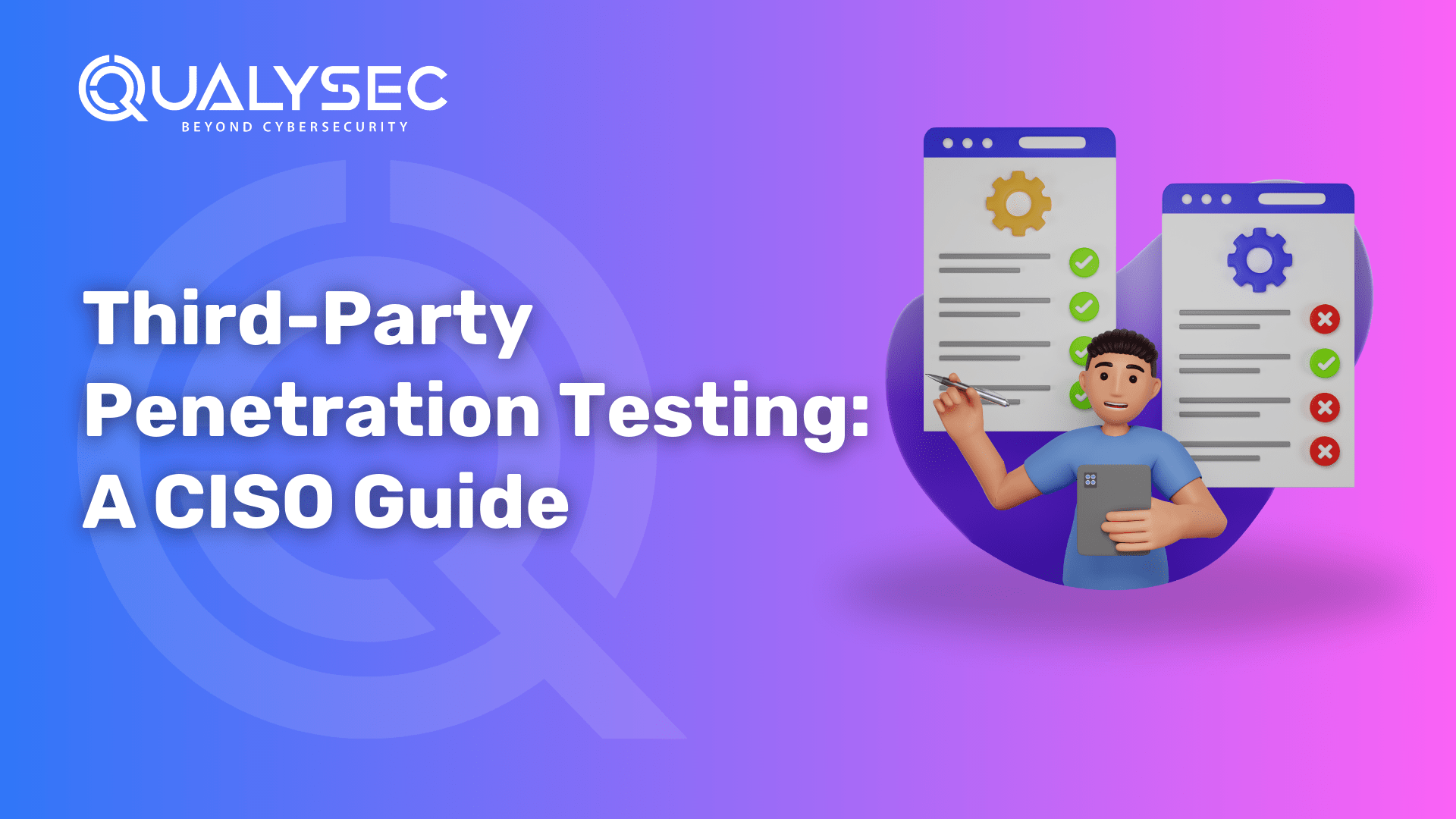













































































































































0 Comments